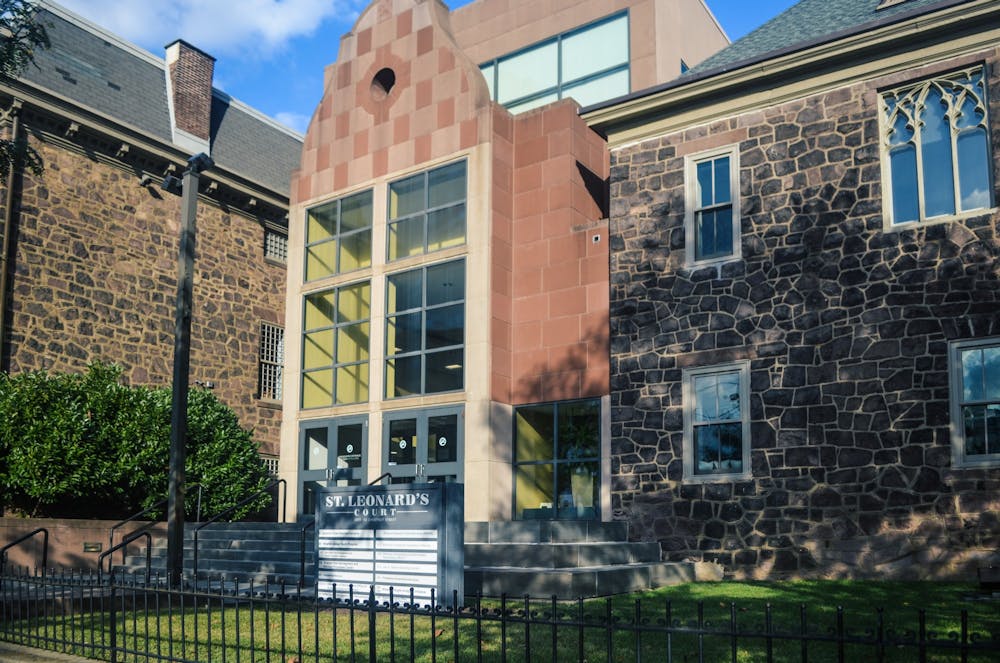
The Netter Center for Community Partnerships has begun preparing for the possibility of remote Academically Based Community Service courses, given the uncertainty surrounding the upcoming fall semester.
Professors are trying to retain the community service aspect of ABCS courses, even in a potentially virtual semester. The Netter Center plans to model the community service element of fall ABCS courses after its current remote tutoring and after-school summer programs, as well as spring ABCS courses that were able to maintain their community service element from a virtual setting.
ABCS courses are designed by the Netter Center to allow students and faculty to work with West Philadelphia community organizations, religious communities, and public schools to help address campus and community problems in a variety of sectors. The courses combine classroom instruction with a service component in the Philadelphia community.
ABCS Research and Program Coordinator Faustine Sun said community partners have been enthusiastic about the idea of virtual support in the fall if in-person partnership is not possible.
“We have plenty of time at this moment, and are confident that we can come up with meaningful adaptations," Sun said.
The Netter Center’s University-Assisted Community Schools program has already implemented virtual after-school programming for its partner schools, Associate Director of the Netter Center Cory Bowman wrote in an emailed statement to The Daily Pennsylvanian. UACS are public schools in West Philadelphia that Penn supports through the Netter Center, and are the volunteering sites of some ABCS courses.
Bowman wrote that the pilot remote programming, which links UACS teachers and students to Penn faculty and students for after-school programs and tutoring, may serve as a future model for fall ABCS courses.
For future guidance, Sun said the Netter Center is also examining how spring ABCS courses successfully adapted to remote engagement. In the ABCS class EAS 242: Energy Education in Philadelphia Schools, for example, students developed lesson plans over Zoom with teachers from West Philadelphia High School and William L. Sayre High School. Sun said the Netter Center plans to encourage similar methods for professors of ABCS courses this fall.
Associate professor of Psychology Loretta Flanagan-Cato, who teaches BIBB 160: ABCS of Everyday Neuroscience, said she hopes her students will be able to work with the students from Paul Robeson High School this fall, even if the course must be conducted remotely.
In this course, Penn students prepare neuroscience demonstrations, hands-on activities, and assessment tools to present to the high school students. When the course was suddenly forced to switch to an online format in mid-March, however, Flanagan-Cato said she revised its structure to focus on academic literature and students’ previous experiences with the partner school.
“I don’t want to completely do that in the fall. I’m hoping that we can have some sort of interaction with the students, even if it’s just a virtual interaction with the school,” Flanagan-Cato said.
If both schools are open and operating in person in the fall, Flanagan-Cato said she hopes to conduct lessons with Penn students and Robeson students outside, where transmission of the coronavirus is less likely to occur than in a classroom.
Some Penn students who signed up for ABCS courses in the fall say they still plan to take the class regardless of its instruction format.
Rising College sophomore Adam Goudjil said that, while he is uncertain about the community service portion of URBS 140: Inequity and Empowerment: Urban Financial Literacy, which he will take in the upcoming semester, he is confident that his professor will work to maintain this aspect of the course.
Rising College sophomore Alisa Ghura plans to take PSCI 328: Diplomacy in the Americas: The Penn Model OAS Program in the fall, even if the course becomes virtual. Because the class is designed for Penn students to teach students in West Philadelphia schools about diplomacy in Latin America, Ghura said she still feels confident that Penn students will be able to use Zoom video chat sessions with breakout room features to host small discussions with the students at their partner school.
Ghura said she hopes students will not drop ABCS courses and lose the opportunity to interact with community partners, particularly at local schools. She said she believes the pandemic has revealed inequalities surrounding education resources, and hopes the University will consider offering more ABCS courses in the future in order to combat those differences.
“I think this pandemic has been a really big reminder to people that in our community of West Philadelphia, there are serious inequalities, and part of our education should be trying to address how we can work with and engage our local community,” Ghura said.
The Daily Pennsylvanian is an independent, student-run newspaper. Please consider making a donation to support the coverage that shapes the University. Your generosity ensures a future of strong journalism at Penn.
Donate







